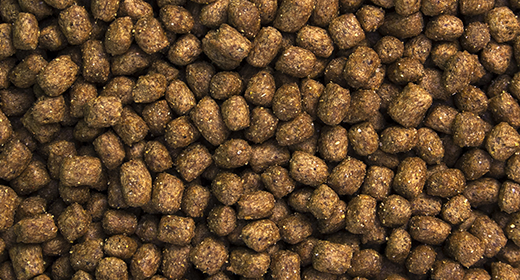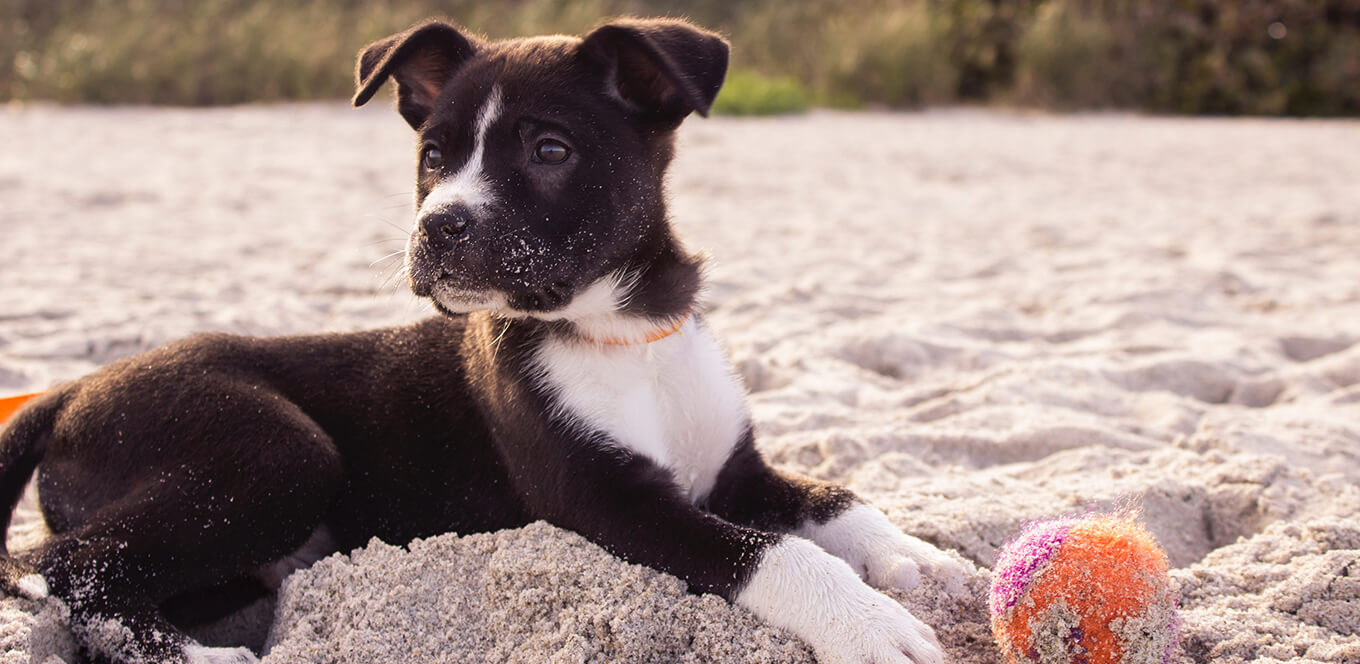

Taking care of your new puppy can be overwhelming, but with these tips and lots of love, you’ll be a great puppy parent in no time.
Just like a baby, a puppy's body is fragile. Avoid picking up your puppy unless absolutely necessary. If you must, be careful and use these steps:
Step 1: Place one hand under your puppy's rump, and place your other hand under his chest.
Step 2: Lift with both arms. With a small adult dog, use the puppy technique. For larger dogs, wrap both arms around his legs, draw him to your chest, and lift.
Before you bring your puppy home, be sure you have the following supplies:
Keeping your puppy safe in your yard requires good fencing. There are several options to choose from, and the one you should pick will depend on your puppy's personality, your property, and your budget. Here are some of the options you should consider:
The ideal time to bring home a new puppy is when the house is quiet. Discourage friends from stopping by and don't allow overnight guests. First, establish a daily routine and follow these steps:
Step 1: Before bringing him in the house, take him to the designated potty area in your yard and spend a few minutes there. If he goes, praise him. Be sure to take him to this spot each time he potties.
Step 2: Take him to the room with his crate. This restricted area will serve as his new 'den' for several days. Put bedding and chew toys in the crate, leave the door open, and line the area outside of the crate with newspaper in case of an accident. Let him investigate the crate and the room. If he chews or urinates on his bedding, permanently remove it from the crate.
Step 3: Observe and interact with your puppy while he's getting used to his new den. This will help forge a sense of 'pack' and establish you as the pack leader.
Don't treat a puppy as young as 6 to 12 weeks like an adult dog. Treat him the same way you would an infant, with patience, constant supervision, and a gentle touch. The way you interact with your puppy at this age is critical to his socialization. Use these tips:
Ideally, your kids should help you choose your puppy. When you bring him home, don't let them play with him constantly. Puppies need a lot of rest, just like a growing child. Limit puppy-children play sessions to 15- to 30-minute periods, two to three times a day.
Meeting Resident Pets


The timeline for feeding your new puppy changes rapidly over the first six months. Learn what and how you should feed your puppy based on the key development milestones she will experience.
Due to breed differences and animal individuality, it is impossible to predict exact dates for a puppy’s growth and development milestones. However, by using the following milestones as a guide for healthy growth, developmental problems can be spotted — and possibly prevented — early on. By knowing these milestones, you’ll also know when your puppy is ready to begin weaning.
| Age | Milestone |
|---|---|
| 7-10 days old | Puppies double their birth weight. Puppies begin to urinate and defecate on their own. |
| 10-18 days old | Puppies attempt to stand. Puppies’ eyes begin to open. Puppies’ ears begin to open. |
| 18-21 days old | Puppies hear and respond to noises. Puppies begin to walk. |
| 3 weeks old | Begin weaning process for orphaned puppies. Puppies begin responsive vocalization. Deciduous (baby) teeth will begin erupting. |
| 4 weeks old | Begin weaning process for mother-fed puppies. |
| 3–6 months old | Puppies’ adult teeth erupt. |
When your puppy is ready to begin weaning (at around 4 weeks for mother-fed puppies and 3 weeks for orphaned puppies), use this step-by-step process:
The entire process should take approximately three weeks.

